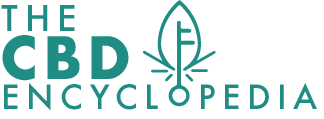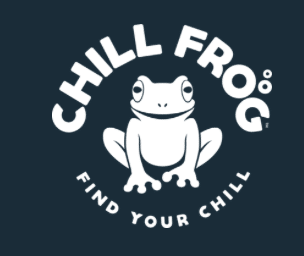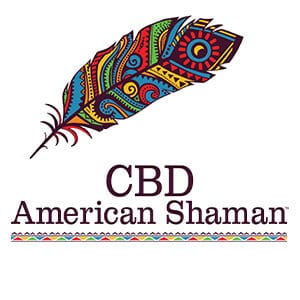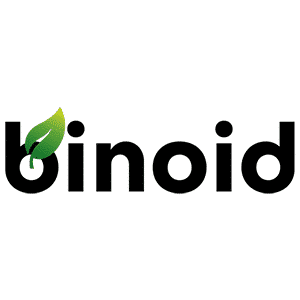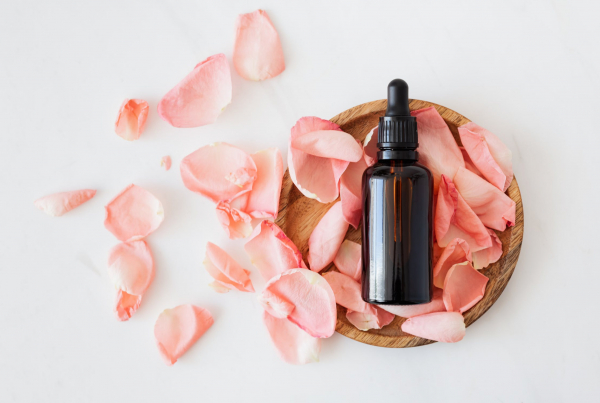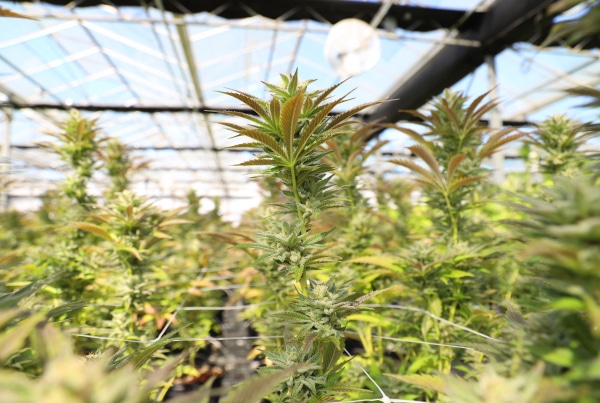
As you navigate the CBD market, you’ll notice that there are many unique CBD products to choose from, each boasting a different flavor, potency, and dosing method. While it’s easy for consumers to make some decisions, like selecting a flavor, other things may not be so clear.
Choosing between full-spectrum, broad-spectrum, and CBD isolate is a common decision that throws new consumers for a loop, but it doesn’t have to be difficult! Understanding a few key differences between each hemp extract formula and their proposed benefits can help make the decision clear.
So, is full-spectrum, broad-spectrum, or CBD isolate best for you?
Let’s compare to find out:
What Is Full-Spectrum CBD?
Full-spectrum CBD refers to a CBD product made with “whole-plant” hemp extract, or the “full spectrum” of cannabinoids. In other words, full-spectrum hemp formulas will contain predominantly CBD, but also trace amounts of other cannabinoids found in the original hemp material, including THC. Of course, CBD products made from industrial hemp will contain less than 0.3-percent THC in order to comply with the 2018 Farm Bill, which is not enough to cause psychoactive effects.
Full-spectrum formulas are sometimes known to have a “hempy” flavor because they are less refined, and are sometimes disguised with natural flavoring or other additives. Virtually any type of CBD product can be made from full-spectrum extract, and raw hemp flower is always considered full spectrum by definition.
No matter how it’s used, the “natural” makeup of the full-spectrum formula is what wins it so much support, and many people suggest that full-spectrum CBD is the most beneficial type of CBD for its complete profile of cannabinoids.
What Is Broad-Spectrum CBD?
Broad-spectrum CBD is similar to full-spectrum products in that it utilizes a “whole-plant” extract that is full of CBD and other minor cannabinoids, with one important difference—no THC.
To put it simply, broad-spectrum hemp extract is just full-spectrum hemp extract that undergoes an extra round of refinement to remove even trace amounts of THC. This formula is less common than either full-spectrum or CBD isolate, but aims to bridge the gap between the two.
Just like full-spectrum, broad-spectrum extract can be used to make a variety of tinctures, topicals, vapes, edibles, and more.
What Is CBD Isolate?
CBD isolate is exactly what it sounds like—isolated CBD molecules. CBD isolate products are free of all other cannabinoids, including THC and minor cannabinoids, like CBG or CBN.
The purest form of CBD isolate is a fine, crystalline powder that is generally graded at 99-percent purity or higher. The powder can be vapes, taken orally, or mixed with a carrier oil or other ingredients to create tinctures, edibles, capsules, topicals, and more.
Where Do Terpenes Fit In?
Although terpenes do complicate things a bit, we wanted to include them because they frequently show up in different hemp formulas to create a broader range of benefits or other symptom-specific effects.
Terpenes, or the aromatic compounds found in cannabis, have been shown to have a range of therapeutic benefits on their own (think: essential oils). Terpenes are usually present in both full-spectrum and broad-spectrum formulas by default, though some brands may filter them out.
They sometimes even appear in CBD isolate, though they need to be added back to the final formulation after the refinement process is finished. Terpenes are responsible for the hempy, floral, sweet, or lemony smell and flavor of different natural hemp products, so many brands really play around with the terpene composition of their products.
Comparing The Benefits Of Full-Spectrum, Broad-Spectrum, And CBD Isolate
Although each type of hemp formula has garnished quite a bit of support, and many people even swear by their chosen CBD formula, there isn’t much evidence comparing the effects of different CBD formulas side by side.
Here’s what we do know:
Full-spectrum CBD gained popularity because of a theory called “the entourage effect,” which suggests that CBD and THC (as well as other trace cannabinoids) work synergistically to modify each other’s effects. Some people suggest that the effects are boosted, while others suggest that the effects are not “increased,” but “balanced.”
One study titled “Taming THC: potential cannabis synergy and phytocannabinoid-terpenoid entourage effects,” predominantly serves to evaluate the impact between non-psychoactive cannabinoids and THC. The research points to evidence that CBD may reduce the potential adverse effects associated with THC, like paranoia or anxiety.
The research takes an even deeper dive into the synergistic relationship between cannabinoids and other cannabinoids, as well as cannabinoids and terpenes. The research, which is still considered preliminary, points to studies that connect these phytocannabinoid-terpene combinations to symptom-specific effects, like boosted abilities as an antifungal, antidepressant, sedative, anesthetic, and more.
Another study shows that CBD isolate may have a bell-shaped efficacy curve, in which higher doses were actually less effective, and full-spectrum formulas were able to overcome this curve.
Still, CBD isolate is the formula used in the only FDA-approved CBD-based medication, Epidiolex, which is used for treating a rare form of childhood epilepsy. Many people are also proponents of CBD isolate or broad-spectrum CBD because of THC’s links to inducing anxiety in some people, but there’s no evidence to suggest that negative results are likely when consuming THC in trace amounts.
Which Type Of CBD Should You Choose?
Choosing a CBD formula boils down to personal preference, but there are a few simple factors that may come into play.
Full-Spectrum CBD products may be best for anyone who wants to experience the “entourage effect” and cannabinoid synergy. This type of CBD contains trace amounts of THC that will not get you high, but may not be best for anyone who is subject to routine drug tests.
Broad-spectrum CBD is a generally safe option for all consumers since it contains no THC, but may still offer some of the benefits of cannabinoid synergy. Broad-spectrum is less common than the other two types, so there may be less variety available.
CBD isolate is a THC-free option that is generally tasteless and odorless. It may be a good option for THC-restricted consumers or those looking to supplement their CBD dose. The CBD isolate powder is also potent and highly cost effective, so it may be best for large doses or making your own CBD edibles at home.
A Note About Labeling Inconsistencies
The CBD market is still widely unregulated, which causes labelling inconsistencies between different CBD brands. Here are some things to look out for:
Products that contain only CBD and terpenes (but no other trace cannabinoids) may be referred to as “broad-spectrum,” but they are more accurately called “terpene-infused CBD isolate.”
A product that contains CBD and trace amounts of THC, but no other trace cannabinoids, may be called “full-spectrum,” but may not provide the full benefits of whole-plant synergy.
Additionally, some consumers conflate the terms “No THC” or “THC-free” with CBD isolate, but that isn’t always the case. Remember that broad-spectrum products are also THC-free.
Checking the brand’s third-party test results for cannabinoids and terpene potency is the best way to know what’s really in each bottle.
